Keywords: Christmas Island
-

RELIGION
- Frank Brennan
- 08 November 2013
1 Comment
'Many Catholics wonder how we can maintain our Christian faith at this time in the wake of the sexual abuse crisis and the many judgmental utterances about sexuality and reproduction. The Church that has spoken longest and loudest about sex in all its modalities seems to be one of the social institutions most needing to get its own house in order.' Frank Brennan's address to the Yarra Institute for Religion and Social Policy, 8 November 2013.
READ MORE
-
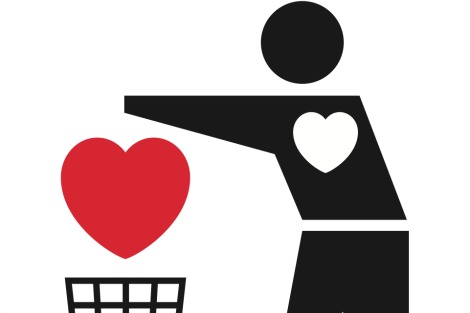
INTERNATIONAL
- Kerry Murphy
- 15 October 2013
14 Comments
Italians are not necessarily more ethical than Australians, but the attitude of their government and local officials to asylum seekers who arrive by boat is in stark contrast with our own. The Pope called it vergogna — shameful, or a disgrace — that so many asylum seekers trying to get to Italy by boat have drowned. Australia's vergogna lies in its official attitudes of punishment and demonisation.
READ MORE 
-

RELIGION
- Frank Brennan
- 10 October 2013
4 Comments
'When confronted with moral evil in public policy, church personnel have a choice: to be prophetic sticking to the moral absolutes, or to be practical engaging in the compromises needed to temper the evil. At the moment, the only political parties not wanting to embrace a short term shock and awe approach are the Greens, the DLP and the Palmer United Party. And neither Christine Milne, John Madigan nor Clive Palmer will ever be prime minister.' Workshop paper from Catholic Social Services Victoria's Listening, Learning and Leading conference, October 2013.
READ MORE
-
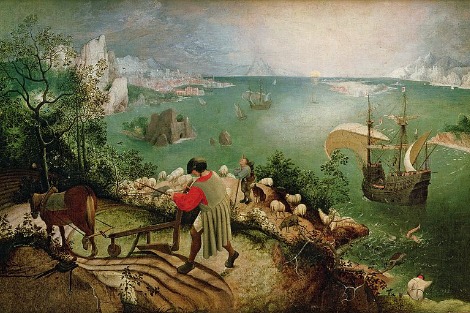
AUSTRALIA
- Maureen O'Brien
- 07 October 2013
13 Comments
With his back to the sea, the ploughman negotiates the wooden plough drawn by his horse. If he heard Icarus falling from the heavens it didn't interrupt his routine. The crew of a ship close enough to rescue the drowning boy instead takes advantage of a favourable breeze and sails away. The shepherd daydreams, the angler continues fishing. To all intents and purposes Icarus is invisible to those in his immediate vicinity.
READ MORE 
-

AUSTRALIA
- Tony Kevin
- 25 September 2013
9 Comments
During the election campaign, both major parties made much of their humanitarian concern to stop drownings by stopping the boats. Scott Morrison offered no words on this during the first Operation Sovereign Borders briefing on Monday. Nor did Labor's official commentators. Deaths at sea have apparently dropped off the radar — at least until the next maritime tragedy, which both parties will no doubt exploit to score points.
READ MORE 
-

AUSTRALIA
- Frank Brennan
- 13 August 2013
1 Comment
'Like many Australians, I had hoped that the dastardly plan announced on 19 July would stop the boats in the short term, as a stop-gap measure. It is dismaying to learn that appropriate consultations had not occurred with Indonesia with the result that the very people who were to receive the shock and awe message are yet to receive it. There’s only one thing worse than shock and awe; that’s shock and awe that doesn’t work because you haven’t done your homework.' 43rd Barry Marshall Memorial Lecture, Trinity College Theological School, 14 August 2013.
READ MORE
-

RELIGION
- Andrew Hamilton
- 18 July 2013
31 Comments
When policies affect people's lives, imaginative intelligence should come first into play. It is the inclination to see people, not simply as the objects of policy, but as persons each with their own face and life story. The Pope exemplified this when he visited Lampedusa, 'Italy's Christmas Island', to mourn the dead and console the living. And in so doing he stated the priority for others.
READ MORE 
-

AUSTRALIA
The WA Coroner's inquest into the sinking of SIEV 358 is shaping up to be the most thorough public examination ever of Australian rescue-at-sea protocols and practice in respect of assisting people on Suspected Irregular Entry Vessels. The Counsel Assisting the Coroner suggested that Australian Maritime Safety Authority's major focus for the first 11 hours of the incident had been to transfer the operation to Indonesia.
READ MORE 
-
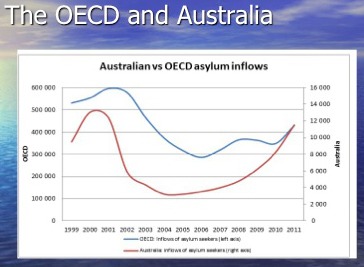
AUSTRALIA
- Frank Brennan
- 27 June 2013
10 Comments
'I want to outline the contours for a better approach — better than forcibly turning around boats, better than transporting people to Nauru and Manus Island or to Malaysia to join an asylum queue of 100,000 or permitting people to reside in the Australian community but without work rights and with inadequate welfare provision.' Frank Brennan speaks at the Australian Catholic University National Asylum Summit 2013.
READ MORE
-
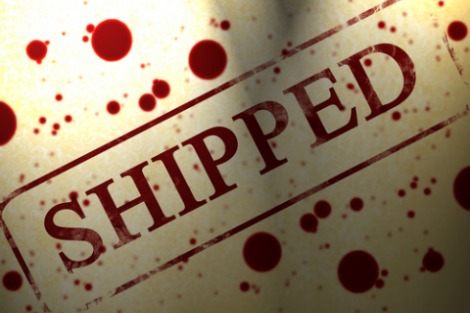
AUSTRALIA
The sinking of the asylum seeker vessel SIEV 358 encapsulates key questions as to why these tragedies too often happen at interfaces between Australia's border protection system and maritime search and rescue system, and the under-resourced Indonesian maritime search and rescue system. Hopefully next week's public inquest by the WA Coroner comes up with some answers.
READ MORE 
-

AUSTRALIA
The toddlers are from Syria. The boys are Sri Lankan Tamils, nervous as they will soon be flown to a Tasmanian facility for unaccompanied minors — one asks me if it will be cold. Visiting a detention centre is a small act to say that the Australian Government's policy of detaining asylum seeker men, women and children is not in our name.
READ MORE 
-
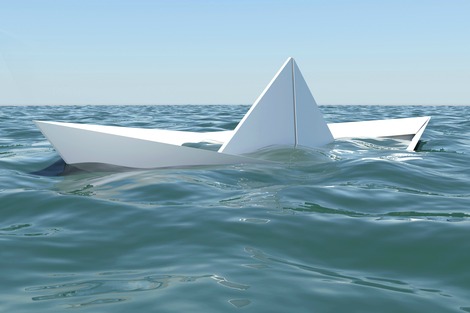
AUSTRALIA
The fact that the boat was seen as stationary on Wednesday should have alerted Border Protection Command to the risk of likely engine failure. Had they reacted more quickly, the 55 or 60 drowned people may have been rescued. Instead, their boat drifted helplessly westwards, away from Christmas Island, and at some stage capsized and began to sink.
READ MORE 